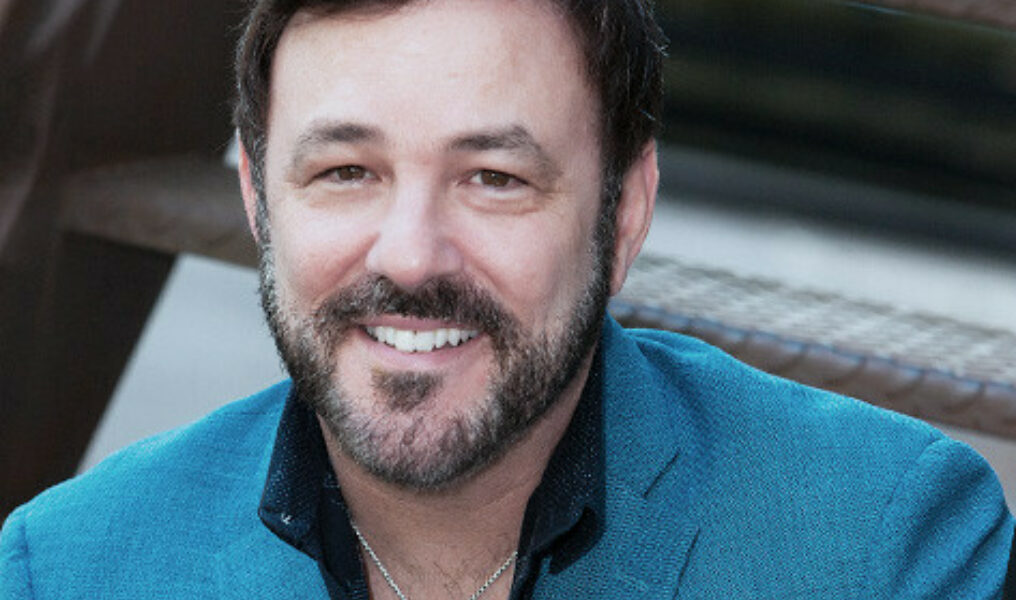From a physical standpoint, it's obvious that coronavirus has taken a massive toll not only in Michigan but around the world. Because of this, Michigan's governor, along with others in dozens of states, has issued a stay-at-home order to prevent COVID-19's spread. But as valuable as it is to keep one's body healthy, maintaining good mental health should be a priority, too, says Dr. Joe Kort. And it starts with being social.
"They're saying social distancing, but what they really mean is physical distancing. You want to keep yourself six feet apart and be conscious and aware that this is how it spreads. But we're social beings, and we need social connections. And without that, we're going to add to our own depression," Kort said. "So, what I'm telling my clients and doing myself is making sure we're staying connected through the internet — [use your] webcam, Zoom, Houseparty — just really making sure you're staying connected with people you love intentionally."
A Licensed Master Social Worker, Kort is the founding director of The Center for Relationship and Sexual Health in Royal Oak. He said that even small steps like this can help extremely beneficial in curbing the feelings of social isolation, which he says he's seeing especially in people who are naturally extroverted. Those feelings, he said, can exacerbate already existing problems.
"You'll start to overly focus on things that maybe were little problems or an ongoing problem. You were dealing with it, but now you have all this time on your hands and no distraction, so it feels like a bigger issue," he said. "Like with depression, people are feeling more depressed because they feel more alone."
That's why creating an online social environment as similar as possible to one's everyday routine is so valuable. Kort also suggested using the internet as a means of finding direct resources for one's mental and physical health, because both will ultimately have a positive impact on one's mental state.
"I just had a client today and she said, 'OK, I've gotta go, I have an exercise class online.' There are so many things you can plug into right online. The easy things are what is right in your house — food, drugs, alcohol, sex with your partner if you're there — but those get old, and you need to keep it going," Kort said. "Those [everyday] outlets are now online outlets."
For instance, for those struggling with addiction, Kort suggested finding online AA or 12-step groups to continue one's support network even without in-person meetings. He urged those not struggling with addiction to be mindful of the ways they choose to self-soothe, too. And that means being conscious of the stressors that staying at home for long periods might have on relationships.
"Couples living together will start fighting over little things, but the real issue is that people are just more aggressive. It's easier to fight over something than to feel the vulnerability that we're quarantined, we're home alone, we're scared," he said. "And so, people project problems onto each other, and I want people to be careful about that."
When asked about people who might be temporarily trapped at home with an abusive person, Kort emphasized the importance of removing oneself from the situation if at all possible.
"In this situation, if that's a possibility to get out, I would get out. If it's not a possibility, then you're going to need to set better boundaries about keeping distance in the house in whatever way that looks: sleeping in a different bed, being in a different room," he said. "The number one thing, I think, if it's abusive in a physically threatening way, is to see if there's someone else that they can stay with. Don't stay home with that person. … You need to ask for help. If you're a person that says, 'Oh, I'm not going to ask that person not to talk to me, I don't want to hurt their feelings,' you need to step up and do things you wouldn't normally do."
In emergency situations, reaching out to domestic violence and suicide prevention hotlines is a great start. Kort said that because millions of people worldwide are working on physically distancing themselves, it's important to remember that though "we feel alone, we're not alone."
"And I think the lesson in this is how do we balance feeling secure but also knowing that anything could change. How do we delay gratification? This is another opportunity to see, 'OK, this isn't forever, this is a couple of months at the most.' How do we deal with impulse control?" Kort said. "This is a great opportunity to come back to yourself and question how you deal with those things."










